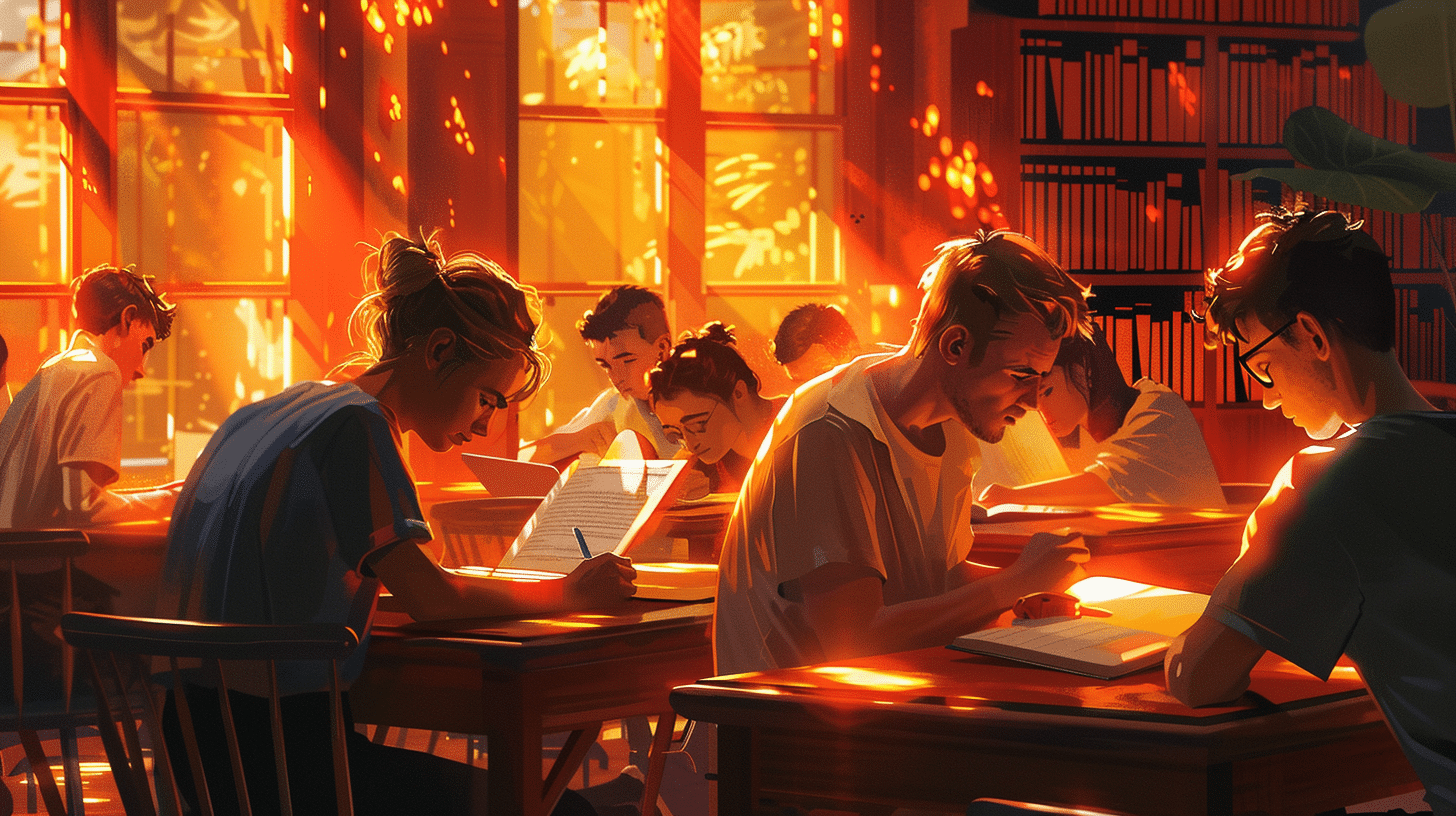Pick a language and start learning!
Elision with definite articles in plural Exercises in Romanian language

Elision with definite articles in the plural is a fascinating and essential aspect of Romanian grammar that can significantly impact the fluency and naturalness of your speech. In Romanian, definite articles are typically suffixed to the noun they modify, and this rule holds true in the plural form as well. However, when certain prepositions, conjunctions, or other specific grammatical structures precede these nouns, elision occurs, resulting in a more fluid and cohesive pronunciation. Understanding and mastering these elisions are crucial for learners aiming to achieve a higher level of proficiency in Romanian.
In this section, we will explore the various rules and instances where elision with plural definite articles is applied in Romanian. Through a series of exercises, you will practice identifying and correctly using these elisions in different contexts. These exercises are designed to help you recognize patterns and internalize the rules, thereby enhancing your ability to construct sentences that sound natural and authentic. Whether you're a beginner or an advanced learner, these exercises will provide valuable practice in navigating this intricate yet fascinating aspect of Romanian grammar.
Exercise 1
<p>1. Pisicile *copiilor* dorm pe canapea (belonging to children).</p>
<p>2. Carțile *elevilor* sunt pe masă (belonging to students).</p>
<p>3. Florile *grădinarilor* sunt foarte frumoase (belonging to gardeners).</p>
<p>4. Jucăriile *copiilor* sunt împrăștiate pe podea (belonging to children).</p>
<p>5. Desenele *artiștilor* sunt expuse în galerie (belonging to artists).</p>
<p>6. Mașinile *vecinilor* sunt parcate pe stradă (belonging to neighbors).</p>
<p>7. Pălăriile *doamnelor* sunt elegante (belonging to ladies).</p>
<p>8. Pozele *fotografilor* sunt impresionante (belonging to photographers).</p>
<p>9. Râsetele *copiilor* se aud în parc (belonging to children).</p>
<p>10. Instrumentele *muzicienilor* sunt pe scenă (belonging to musicians).</p>
Exercise 2
<p>1. Ei au adus *cărțile* (things you read) la școală.</p>
<p>2. *Prietenii* (friends) noștri vin în vizită în weekend.</p>
<p>3. Ne vedem cu *vecinii* (people living next door) în fiecare dimineață.</p>
<p>4. Profesorii discută despre *elevii* (students) din clasa a opta.</p>
<p>5. Ieri am întâlnit *actorii* (actors) la teatru.</p>
<p>6. *Copiii* (children) se joacă în parc.</p>
<p>7. Florile *trandafirii* (roses) sunt foarte frumoase.</p>
<p>8. Am ascultat *știrile* (news) la radio.</p>
<p>9. *Doctorii* (doctors) au discutat despre cazuri medicale interesante.</p>
<p>10. Am cumpărat *legumele* (vegetables) de la piață.</p>
Exercise 3
<p>1. Cărțile *autorilor* sunt foarte interesante (the authors).</p>
<p>2. Filmele *actorilor* sunt populare în întreaga lume (the actors).</p>
<p>3. Proiectele *elevilor* au fost premiate la concurs (the students).</p>
<p>4. Întâlnirile *profesorilor* sunt programate săptămânal (the teachers).</p>
<p>5. Discursurile *politicienilor* au fost difuzate la televizor (the politicians).</p>
<p>6. Poeziile *scriitorilor* sunt citite de multe persoane (the writers).</p>
<p>7. Ideile *oamenilor* de știință sunt revoluționare (the scientists).</p>
<p>8. Obiectivele *turistilor* au fost vizitate de multe persoane (the tourists).</p>
<p>9. Produsele *furnizorilor* au ajuns la timp (the suppliers).</p>
<p>10. Spectacolele *artiștilor* au avut mare succes (the artists).</p>







